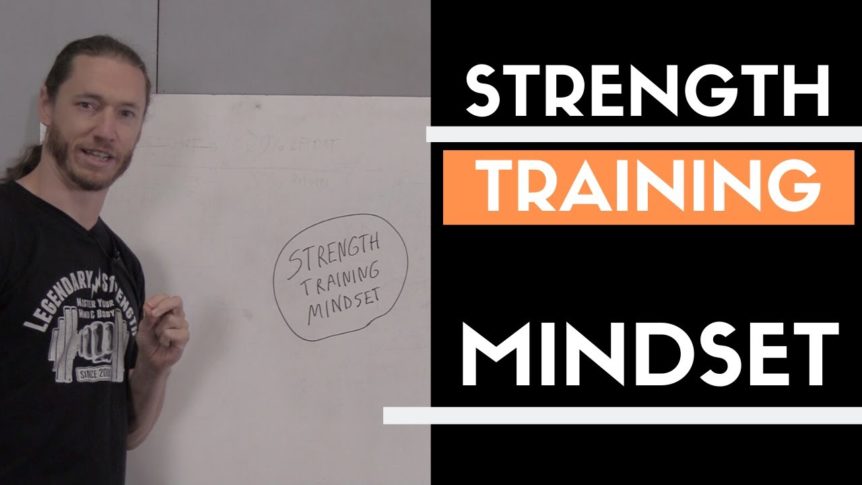When you go to the gym, do you leave feeling accomplished? Or do you feel like you’re just going through the motions? Your success in the gym has to do with your mindset. Your mindset refers to not a singular idea or belief, but to multiple or a “set” of ideas and beliefs.
Goals – A successful strength training mindset will be goal-oriented. Goal orientation is really important because it navigates you on where you want to go. When you go to workout, you should have an idea of what you’re trying to achieve, whether it is body transformation goals or specific strength or fitness goals. If you don’t know where you want to go, chances are you won’t get there. Check out my post on How I Keep a Workout Log, if you’re needing help on setting up your goals.
Positive Expectation – Positively expect that you will get stronger and you are better off than if you don’t expect to get stronger. You want to expect to reach your goals.
Toughness – Toughness is overrated. That’s not to say that it is not important, but some people place ALL importance on physical and mental toughness. In truth, this must be balanced with the other aspects. That’s because there is a time to be tough, and times not to be.
Awareness – Ultimately, that comes down to awareness. Awareness of how effective your training is. Awareness of your body’s signals and how these can guide you to pushing harder or backing off. (Biofeedback approaches have specific methods to them as covered in Beyond Biofeedback.) Awareness of your internal dialog and visualizations that occur.
Tactically – There are various physical tactics that can be used to enhance your training, like looking for and going after weak links. In addition, there are mental tactics we can apply such as visualization, hypnosis, anchoring, into training in order to get better results. If you want to be successful in strength training, you have to be able to manage your state, which is your attitude, your emotions. A good base of these are covered inside of Mental Muscle.
State Management – How well can you manage your emotions? If you’re angry from your work or a relationship, will that disrupt your whole workout? Or can you channel your emotions into the training? What is the average state you bring into a workout?
Health & Recovery – Strength training is not just about what you do in the gym, but a whole lot more. Are you looking at your health and recovery, including your mindset, beliefs, states, surrounding these and how they can be made better too?
Hopefully, this will give you a few ideas on how to put together a strength training mindset that will work for you!


Comments
I am 77 years old I started CrossFit April 2018. Nov 2018 I had shoulder surgery. I was out almost 3 months. My workouts commenced until Sept. 5 when I was forced to have two more surgeries on the same day. (Hernia in my belly and cyst on my low back.) Nov 1 I was back in the classes but I had lost everything that I had previously gained. What makes it even harder is that I have COPD with the lung capacity of 30%. I am looking for all the help that I can get. It is depressing to keep starting over. I don’t plan on quitting yet.